In anticipation of demographic changes in higher education, Marquette administrators are laying off staff members and restructuring sectors of the university.
One of the areas targeted by administrators is the College of Education, which acting provost Kimo Ah Yun claimed has incurred a $1 million deficit over the past five years. Faculty members in the college are forming an internal committee to investigate the deficit, of which they had not been informed prior to this academic year.
It’s clear that the university hopes to cut costs in the College of Education. Whether that means merging it with another college on campus or curtailing certain programs, the future of students’ Marquette education is at stake.
The potential reorganization will undoubtedly hurt students in the college, regardless of the determination and dedication of their professors. They could lose access to resources, the college’s close-knit education community and specialized courses, which prove vital to students’ post-graduation careers.
Not only this, but reorganization could lead to redundancies in the college’s current state, leading to more employee layoffs. With fewer staff members to guide and support them during their time at Marquette, students will miss out on valuable lessons from mentors.
Structural changes, such as making the College of Education a department or school within the College of Communication or Arts & Sciences, will damage the identity and reputation of the College of Education. Students would likely be forced to take courses required by their new colleges, which could add workload without applicability.
Before the School of Education graduated to college status in 2008, education students were a part of the College of Communication or Arts & Sciences.
While this allowed them to engage with students of different majors, there was less of a unified identity for education students. Students in the School of Education did not feel the same sense of pride that came with being a part of a college.
In a 2008 Marquette Wire article, one student recalls confusion among education students at their freshman convocation because they were unsure of which college to identify with.
Back then, education students also had to declare education as their secondary majors, which made assigning advisers and communicating requirements difficult.
Additionally, degree completion often took more than four years as students had to fulfill the university core, a primary major and School of Education requirements. For some students who took an extra semester, graduating in December rather than May, this meant ill timing for entering the job market.
The university should not revert to old ways. The college’s previous structure left Marquette education graduates at a disadvantage.
Moreover, the university’s decision to reorganize the College of Education contradicts one of its principle Jesuit values: service.
A significant part of education students’ requirements is the completion of field experience and student teaching.
The relationship the College of Education has with the Milwaukee Public School system allows students to complete this requirement by getting hands-on experience in the classroom and developing relationships with students.
Students pursuing elementary education degrees also have to fulfill requirements for their teaching certifications at the Hartman Literacy and Learning Center, a service site in the College of Education that provides tutoring to inner-city children.
Structural changes could jeopardize this aspect of an education student’s experience. The university should maintain its commitment to giving back to the community through its College of Education.
Milwaukee Public School students could suffer from a loss of student teachers, and Marquette students could miss out on firsthand classroom experience, depriving both groups of resources essential to their success.
Education is a historical and fundamental part of the Jesuit mission. The university cannot continue to front pursuance of Jesuit values while taking action that conflicts with those values.
With the looming possibility of losing the College of Education’s specialized programming and resources, the university cannot expect to attract prospective education students and effectively combat the anticipated decline in enrollment.
While Marquette is taking proactive steps to prevent overwhelming financial strain approaching the higher education community, it must not lose its crucial investments in students’ educational experience.
Now is the time for Marquette to invest in its colleges and programs to compete with other universities. It is not time to scale down these resources, hurting current students and deterring future ones.
It is the university’s responsibility to ensure that education students receive a competitive Jesuit education. The university must make it possible for education students to maintain their identities and engage with the Milwaukee community while developing the necessary skills and knowledge to become educators.

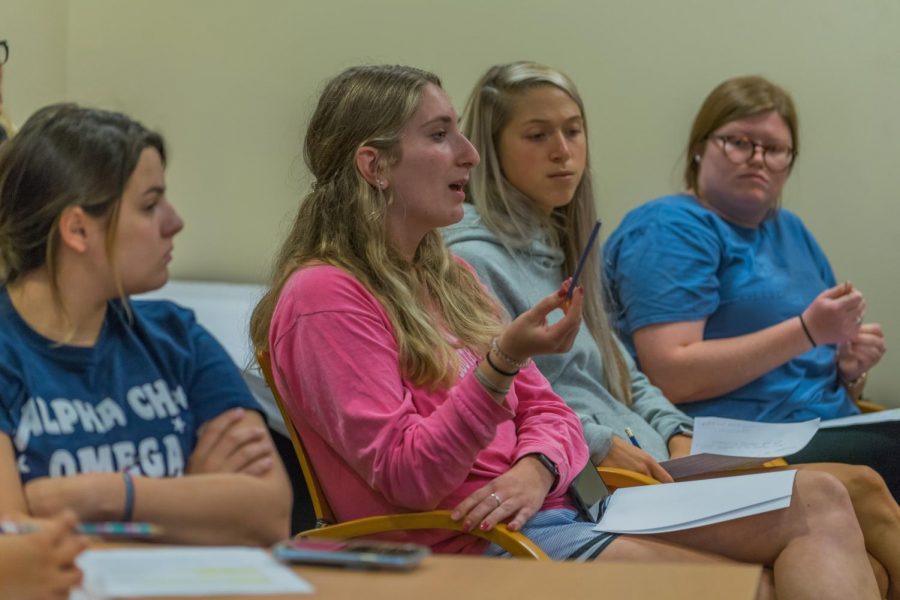


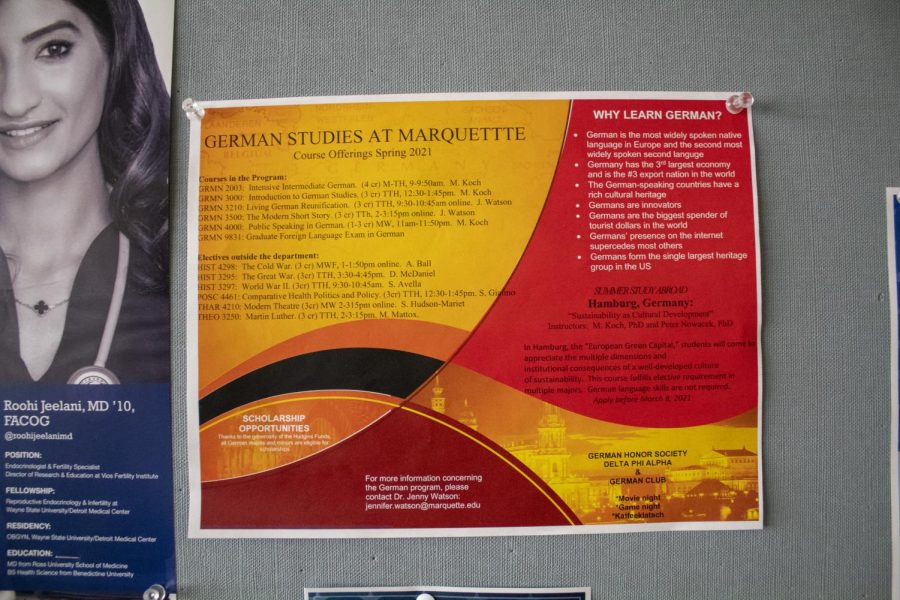
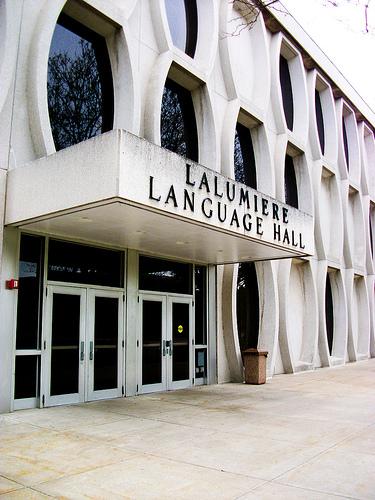
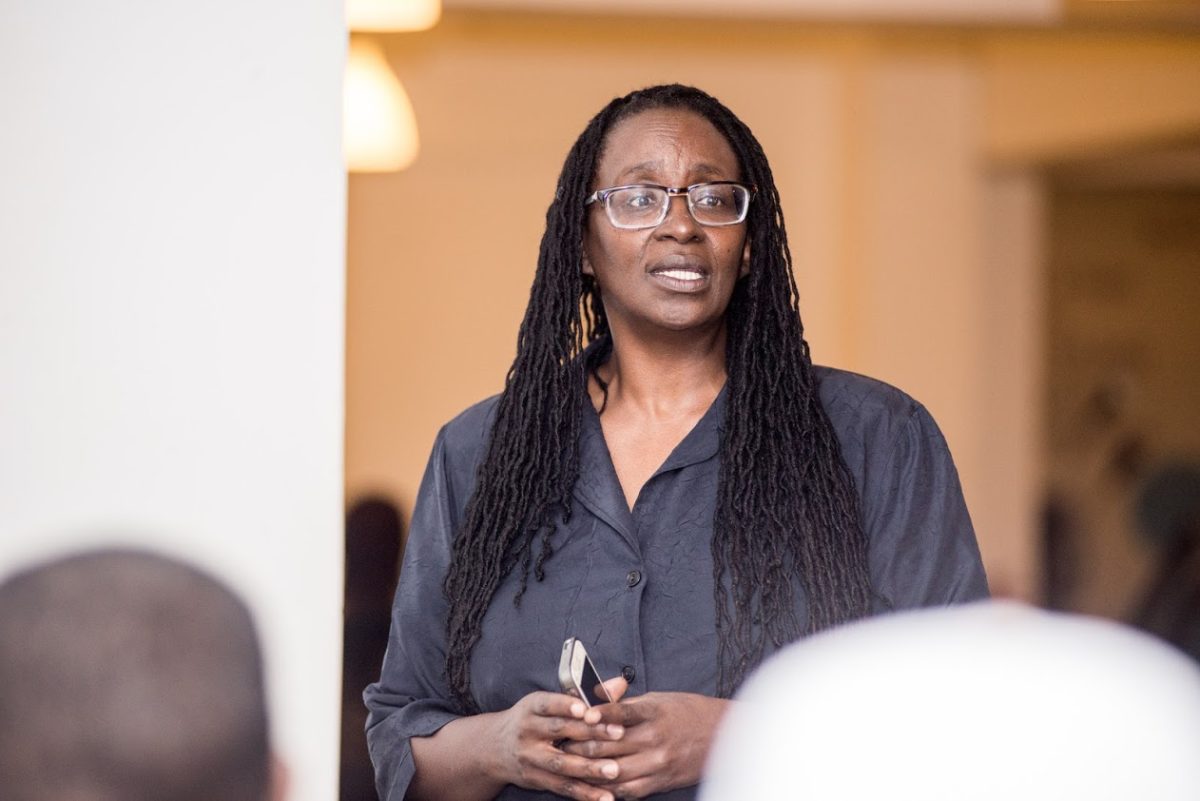

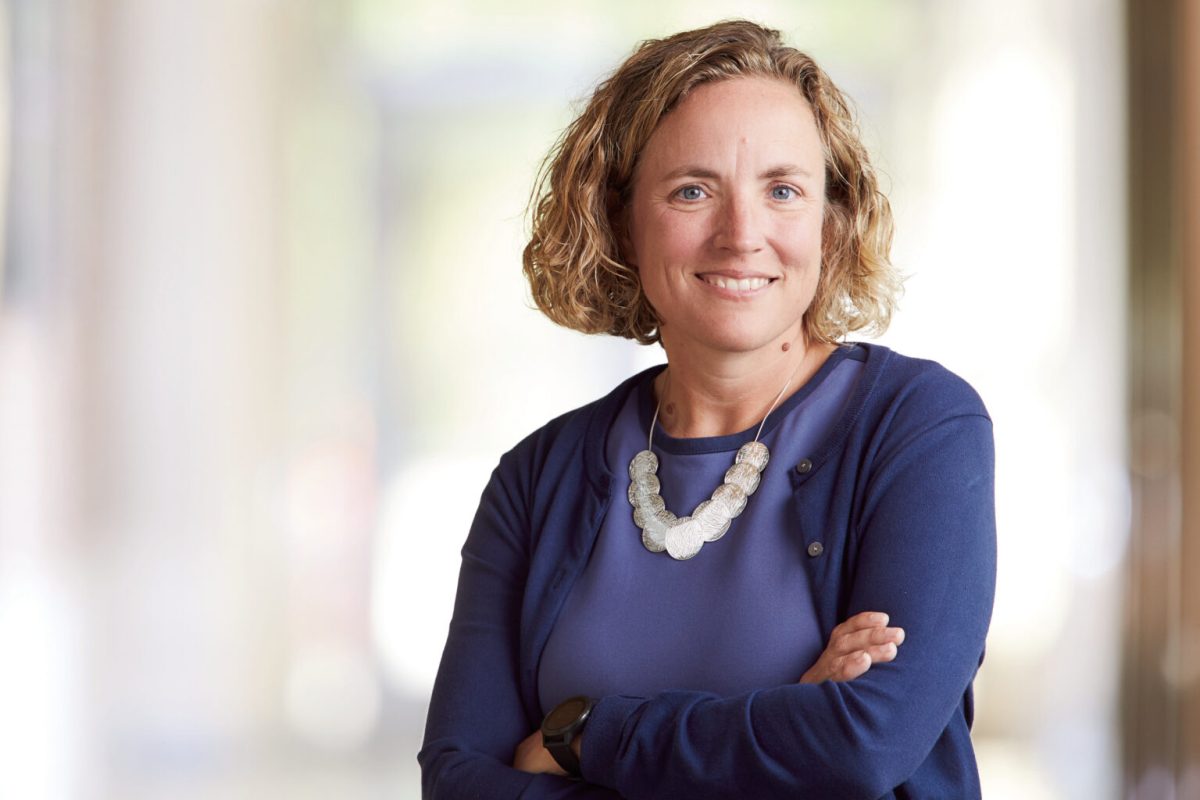

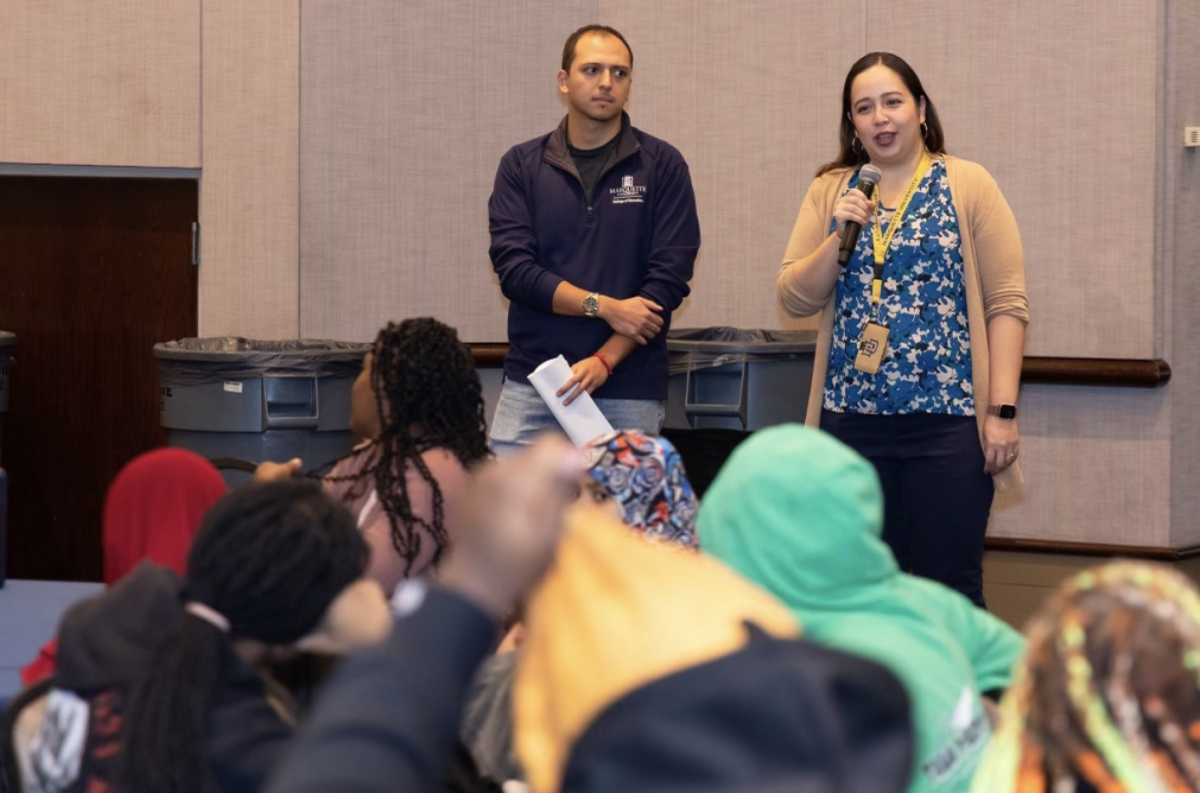

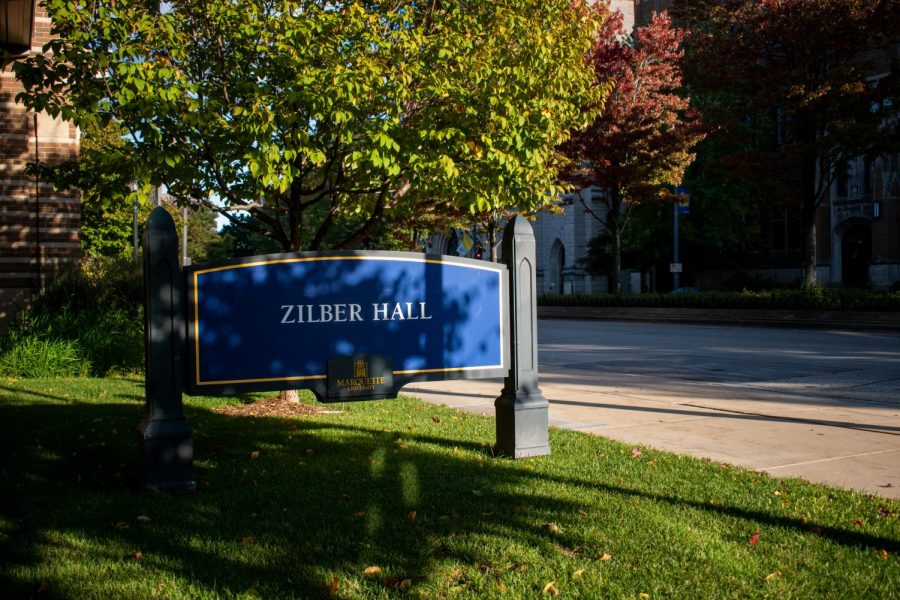
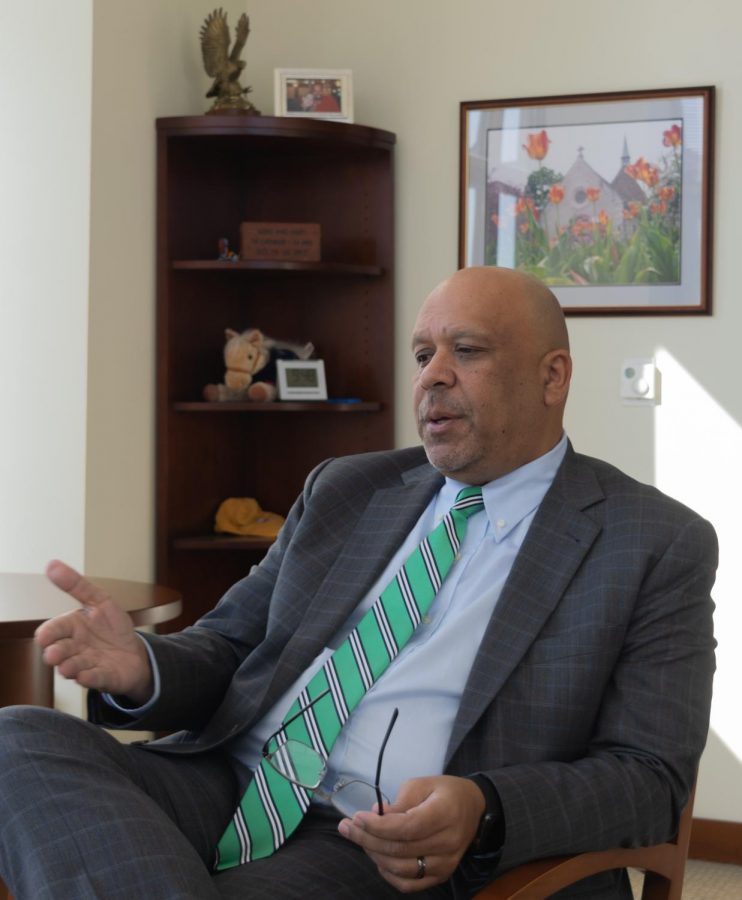
Janet Cleary • Sep 25, 2019 at 1:58 pm
Good article, but in addition to experiences with MPS schools, the field students and student teachers also work in public charter schools and Archdiocesan Catholic schools. I dare say the graduatesare of the College of Education are a big part of staffing area Catholic schools. I know that many students stay in the Milwaukee teaching community based on the relationships they forge with their cooperating teachers/schools.
How do I know this? I was one of the 24 position cuts across campus. My previous job was as the Field Placement Coordinator in the College of Education. The provost and president asserted that the cuts were to positions/staff did not have direct student contact. Nothing could be further from the truth in the case of my position.
The College of Education makes a difference to its teacher education students, and elementary, middle and high students across the public, charter and Catholic school communities. In addition, it’s education studies majors are beginning to make an impact in area non-profit community agencies and non-school based education positions.
If truly Marquette students are to “Be the Difference”, and if Marquette espouses Catholic education, closing the College of Education is the wrong move. St. Ignatius founded the Jesuits as teachers. Here in Milwaukee the Jesuits are involved in middle and high school education in addition to the University. College of Education students are placed at all of these Jesuit institutions, as well as other Catholic schools.
I beg the Provost, President and Board of Trustees to not look at the College as financially a burden on the University, but as an investment in the community, and a vital mission of this Catholic, Jesuit institution.